The lack of investors is driving an increasing number of independent filmmakers to seek funds online, usually with fruitful results, finds Amrita Madhukalya
A food-loving musician, a Sanskrit-speaking cow and an elusive kick-dancing frog in the deep forests of the Western Ghats may not seem like they have much in common. But all three are protagonists of crowdfunded projects that would not have seen the light of day if not for the generosity of strangers online.
The dearth of investors has led many indie filmmakers to seek help on the internet. Recently, Soumitra Ranade's remake of the 1980 Naseeruddin Shah-starrer Albert Pinto Ko Gussa Kyun Aata Hai, which will star Nandita Das, Manav Kaul and Saurabh Shukla, sought help at funding platform Wishberry to raise Rs30 lakh to complete the film. Then there is Sanskrit animation film Punyakoti, touted to be the first of its kind, which has collected Rs23 lakh of the Rs40 lakh to be raised. Last year, when Kannada filmmaker Pawan Kumar vented his frustrations on a Facebook post about not having enough money, it led him to raise more than Rs50 lakh for Lucia, a thriller about a movie theatre usher.
Apart from Wishberry, there are other homegrown sites like Catapoolt, IndieGogo, Kickstarter and Ketto, where creative projects are charged a fee and a percentage of the amount raised.
Crowdfunding is not new in India, but it was almost negligible earlier. There was Shyam Benegal's Manthan, where the filmmaker raised Rs2 lakh from farmers in 1976, while in 2010, Onir raised Rs1 crore for I Am. Most projects, filmmakers say, need a lot of involvement and marketing. But there's no percentage that an investor can claim once the movie is out. In India, only public listed companies can raise funds on public forums in return for money.
"That means only people driven purely by passion are investing, thereby putting no conditions on investment," says Ranade. There are rewards in store, depending on the money pledged. Usually for around Rs1 lakh, one could become a co-producer in the movie. Ranade says he looked for help online due to the dearth of investors, and for fear of losing control over the film.
Looking to collect Rs30 lakh, he has already raised Rs7.66 lakh from 33 backers. His campaign will be active for another 40 days.
Ravi Shankar's Punyakoti caught the interest of many, either through word of mouth or through social media. The project has 232 backers and with 10 days to go, Shankar is hopeful he will get close to the Rs40 lakh he wants. "Initially, I thought about crowdsourcing the film and have different animators make different parts. But I eventually decided to seek help online," he says, adding that the animation community is coming forward to help in one way or another.
Ravi, however, says crowdfunding is not easy, and one needs to be dedicated and market the project well. "We constantly communicate with our backers, thanking them, informing them of the project. We also need to look for new backers. Then there are social media channels and each message needs to be measured – what we write, how many messages, etc."
US-based Arpita Kumar agrees. For her student project Sita, on surrogacy in India, Arpita needed to raise $6,000. She went to Kickstarter, and her campaign was successful in a month. But it wasn't easy. "I spent over eight hours daily writing to people in that month," she says. The award-winning documentary, showcased at film festivals around the world, was part of Cannes Short Film Corner in 2013.
And it is not just films that are being funded. Musician Sahil Makhija raised funds for the last season of his YouTube food show Headbanger's Kitchen on Wishberry. "I have a fairly good viewership, but found no success through sponsorships or YouTube monetisation," he says. He raised nearly Rs3 lakh over the Rs2.5 lakh he had sought to raise from 172 backers, and people could contribute as less as Rs500. "I ensured there was something for everyone who gave me money," adds Makhija.
Not everyone was lucky to have found funding online though.
Finding Saxicola, a film by Bangalore comic Sanjay and wildlife photographer-filmmaker Amoghvarsha, failed to raise enough money on the campaign at Kickstarter in 2013. The film is a humorous take on the search for a rare frog in the Western Ghats that 'kicks and dances'. "I think we did it at a time when not many people were aware of crowdfunding. And I was constantly travelling for my other projects and could not market it well," says Amoghvarsha. He adds that people have come forward to help with the editing, music and shooting. The film is in post-production now.
And he's not given up on crowdfunding. "A lot of regional films found funding online, and I see no reason why crowdfunding will not flourish."
![submenu-img]() Meet man who once suffered loss of Rs 15 crore, then built Rs 2000 crore turnover company at 60, he is…
Meet man who once suffered loss of Rs 15 crore, then built Rs 2000 crore turnover company at 60, he is…![submenu-img]() 'They did her dirty': Aishwarya Rai fans criticise stylist for her 'failed art project' outfit on Cannes red carpet
'They did her dirty': Aishwarya Rai fans criticise stylist for her 'failed art project' outfit on Cannes red carpet![submenu-img]() Woman walks on the streets of Tokyo in saree, viral video shows people’s reaction
Woman walks on the streets of Tokyo in saree, viral video shows people’s reaction![submenu-img]() Blinkit offering ‘free dhaniya’ with vegetable orders, people now asking for free…
Blinkit offering ‘free dhaniya’ with vegetable orders, people now asking for free…![submenu-img]() Kartam Bhugtam: Shreyas Talpade-starrer is a riveting dive into the unknown
Kartam Bhugtam: Shreyas Talpade-starrer is a riveting dive into the unknown![submenu-img]() Meet PhD wife of IIT graduate hired at Rs 100 crore salary package, was fired within a year, he is now…
Meet PhD wife of IIT graduate hired at Rs 100 crore salary package, was fired within a year, he is now…![submenu-img]() Meet woman not from IIT, IIM or NIT, cracked UPSC exam in first attempt with AIR...
Meet woman not from IIT, IIM or NIT, cracked UPSC exam in first attempt with AIR...![submenu-img]() Maharashtra Board Results 2024: MSBSHSE class 10th, 12th results soon, know how to check results via SMS
Maharashtra Board Results 2024: MSBSHSE class 10th, 12th results soon, know how to check results via SMS![submenu-img]() Meet Indian genius who became world’s 'youngest' surgeon at 7, worked in IIT for...
Meet Indian genius who became world’s 'youngest' surgeon at 7, worked in IIT for...![submenu-img]() Meet Kashmir boy, who is JEE topper, wants to pursue Computer Science, he aims to clear...
Meet Kashmir boy, who is JEE topper, wants to pursue Computer Science, he aims to clear...![submenu-img]() DNA Verified: Is CAA an anti-Muslim law? Centre terms news report as 'misleading'
DNA Verified: Is CAA an anti-Muslim law? Centre terms news report as 'misleading'![submenu-img]() DNA Verified: Lok Sabha Elections 2024 to be held on April 19? Know truth behind viral message
DNA Verified: Lok Sabha Elections 2024 to be held on April 19? Know truth behind viral message![submenu-img]() DNA Verified: Modi govt giving students free laptops under 'One Student One Laptop' scheme? Know truth here
DNA Verified: Modi govt giving students free laptops under 'One Student One Laptop' scheme? Know truth here![submenu-img]() DNA Verified: Shah Rukh Khan denies reports of his role in release of India's naval officers from Qatar
DNA Verified: Shah Rukh Khan denies reports of his role in release of India's naval officers from Qatar![submenu-img]() DNA Verified: Is govt providing Rs 1.6 lakh benefit to girls under PM Ladli Laxmi Yojana? Know truth
DNA Verified: Is govt providing Rs 1.6 lakh benefit to girls under PM Ladli Laxmi Yojana? Know truth![submenu-img]() Aishwarya Rai Bachchan turns heads in intricate black gown at Cannes, walks the red carpet with injured arm in cast
Aishwarya Rai Bachchan turns heads in intricate black gown at Cannes, walks the red carpet with injured arm in cast![submenu-img]() Laapataa Ladies' Poonam aka Rachna Gupta looks unrecognisable in viral photos, amazes with jaw-dropping transformation
Laapataa Ladies' Poonam aka Rachna Gupta looks unrecognisable in viral photos, amazes with jaw-dropping transformation![submenu-img]() In pics: Taarak Mehta Ka Ooltah Chashmah actress Deepti Sadhwani dazzles in orange at Cannes debut, sets new record
In pics: Taarak Mehta Ka Ooltah Chashmah actress Deepti Sadhwani dazzles in orange at Cannes debut, sets new record![submenu-img]() Ananya Panday stuns in unseen bikini pictures in first post amid breakup reports, fans call it 'Aditya Roy Kapur's loss'
Ananya Panday stuns in unseen bikini pictures in first post amid breakup reports, fans call it 'Aditya Roy Kapur's loss'![submenu-img]() Remember Harsh Lunia? Just Mohabbat child star, here's how former actor looks now, his wife is Bollywood's popular...
Remember Harsh Lunia? Just Mohabbat child star, here's how former actor looks now, his wife is Bollywood's popular...![submenu-img]() Haryana Political Crisis: Will 3 independent MLAs support withdrawal impact the present Nayab Saini led-BJP government?
Haryana Political Crisis: Will 3 independent MLAs support withdrawal impact the present Nayab Saini led-BJP government?![submenu-img]() DNA Explainer: Why Harvey Weinstein's rape conviction was overturned, will beleaguered Hollywood mogul get out of jail?
DNA Explainer: Why Harvey Weinstein's rape conviction was overturned, will beleaguered Hollywood mogul get out of jail?![submenu-img]() What is inheritance tax?
What is inheritance tax?![submenu-img]() DNA Explainer: What is cloud seeding which is blamed for wreaking havoc in Dubai?
DNA Explainer: What is cloud seeding which is blamed for wreaking havoc in Dubai?![submenu-img]() DNA Explainer: What is Israel's Arrow-3 defence system used to intercept Iran's missile attack?
DNA Explainer: What is Israel's Arrow-3 defence system used to intercept Iran's missile attack?![submenu-img]() 'They did her dirty': Aishwarya Rai fans criticise stylist for her 'failed art project' outfit on Cannes red carpet
'They did her dirty': Aishwarya Rai fans criticise stylist for her 'failed art project' outfit on Cannes red carpet![submenu-img]() Kartam Bhugtam: Shreyas Talpade-starrer is a riveting dive into the unknown
Kartam Bhugtam: Shreyas Talpade-starrer is a riveting dive into the unknown![submenu-img]() Richa Chadha says Heeramandi co-star Sharmin Segal being trolled for her performance is 'audience’s right'
Richa Chadha says Heeramandi co-star Sharmin Segal being trolled for her performance is 'audience’s right'![submenu-img]() Meet only Indian actress whose film is competing for top prize at Cannes; not Aishwarya, Deepika, Kiara, Priyanka, Alia
Meet only Indian actress whose film is competing for top prize at Cannes; not Aishwarya, Deepika, Kiara, Priyanka, Alia![submenu-img]() How two heroines beat Rajinikanth, Vijay, Dhanush to give Tamil cinema's biggest hit of 2024; low-budget film earned...
How two heroines beat Rajinikanth, Vijay, Dhanush to give Tamil cinema's biggest hit of 2024; low-budget film earned...![submenu-img]() Woman walks on the streets of Tokyo in saree, viral video shows people’s reaction
Woman walks on the streets of Tokyo in saree, viral video shows people’s reaction![submenu-img]() Why Australians walk barefoot in public: Here’s the reason
Why Australians walk barefoot in public: Here’s the reason![submenu-img]() People in this country compete to see who’s best at doing nothing, here's why
People in this country compete to see who’s best at doing nothing, here's why![submenu-img]() Viral video: Influencer dressed as 'Manjulika' dances on crowded road, internet reacts
Viral video: Influencer dressed as 'Manjulika' dances on crowded road, internet reacts![submenu-img]() Viral video: Baby elephant receives 'Z-category security' during family nap in Tamil Nadu reserve
Viral video: Baby elephant receives 'Z-category security' during family nap in Tamil Nadu reserve
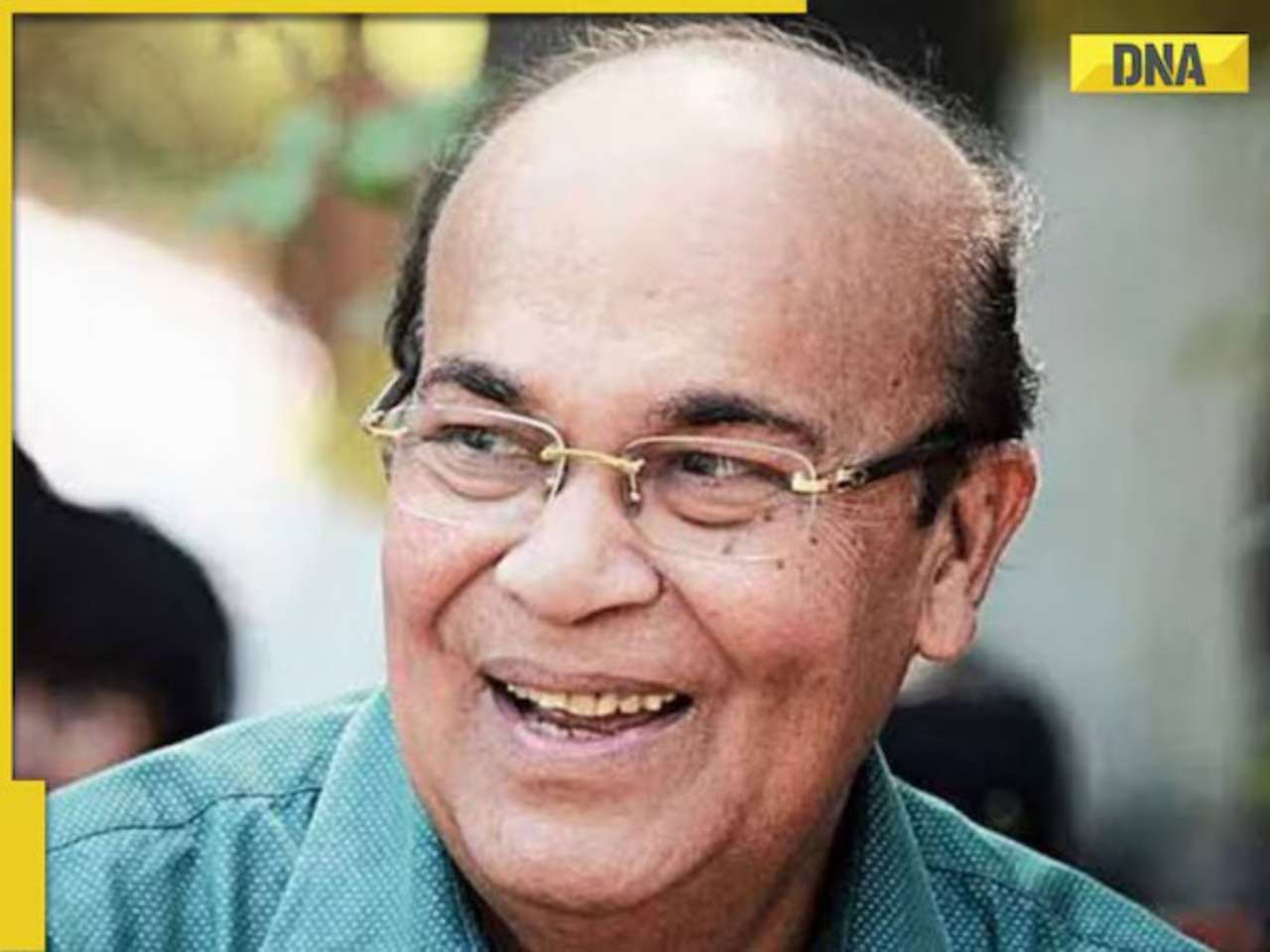



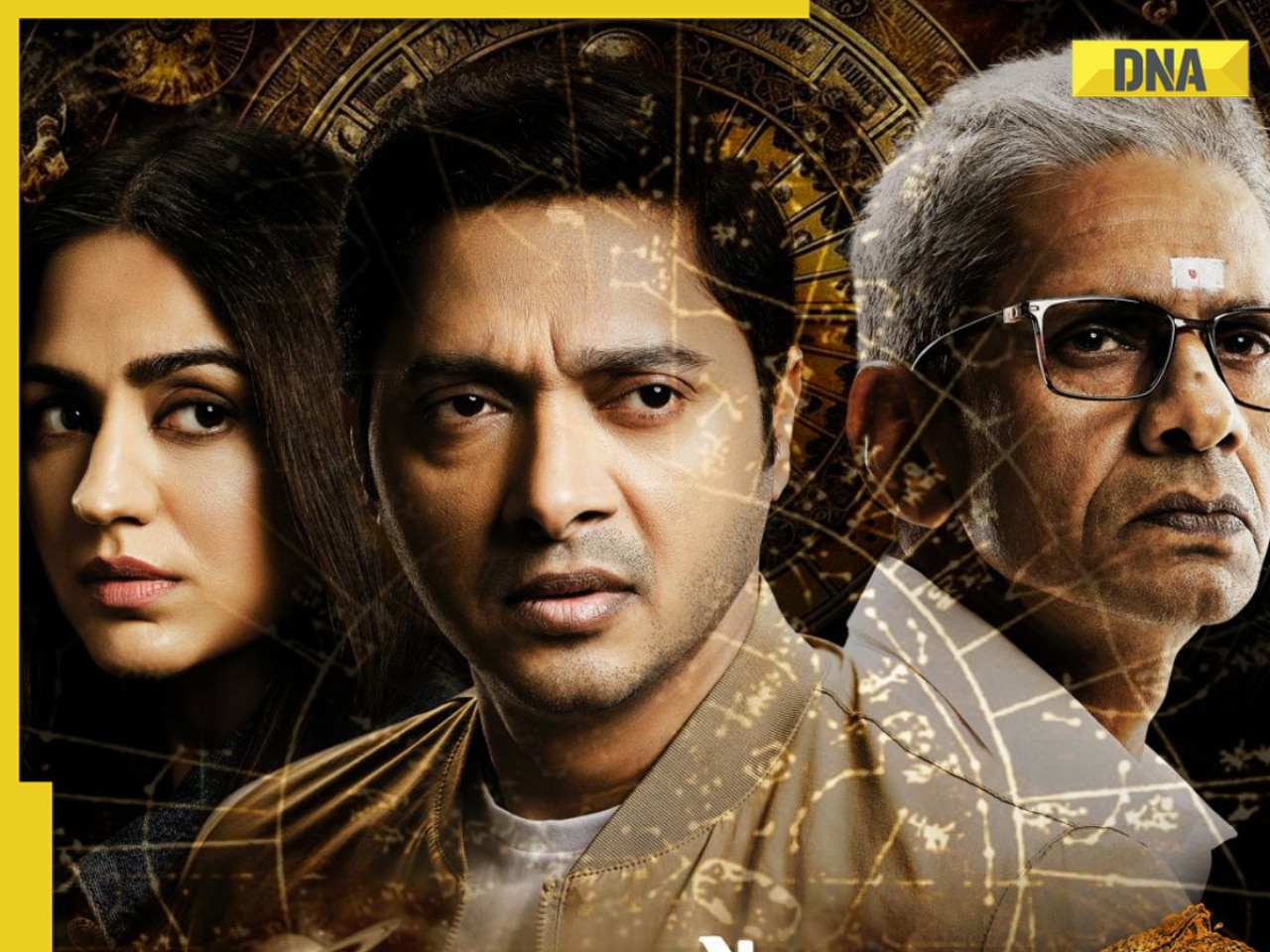







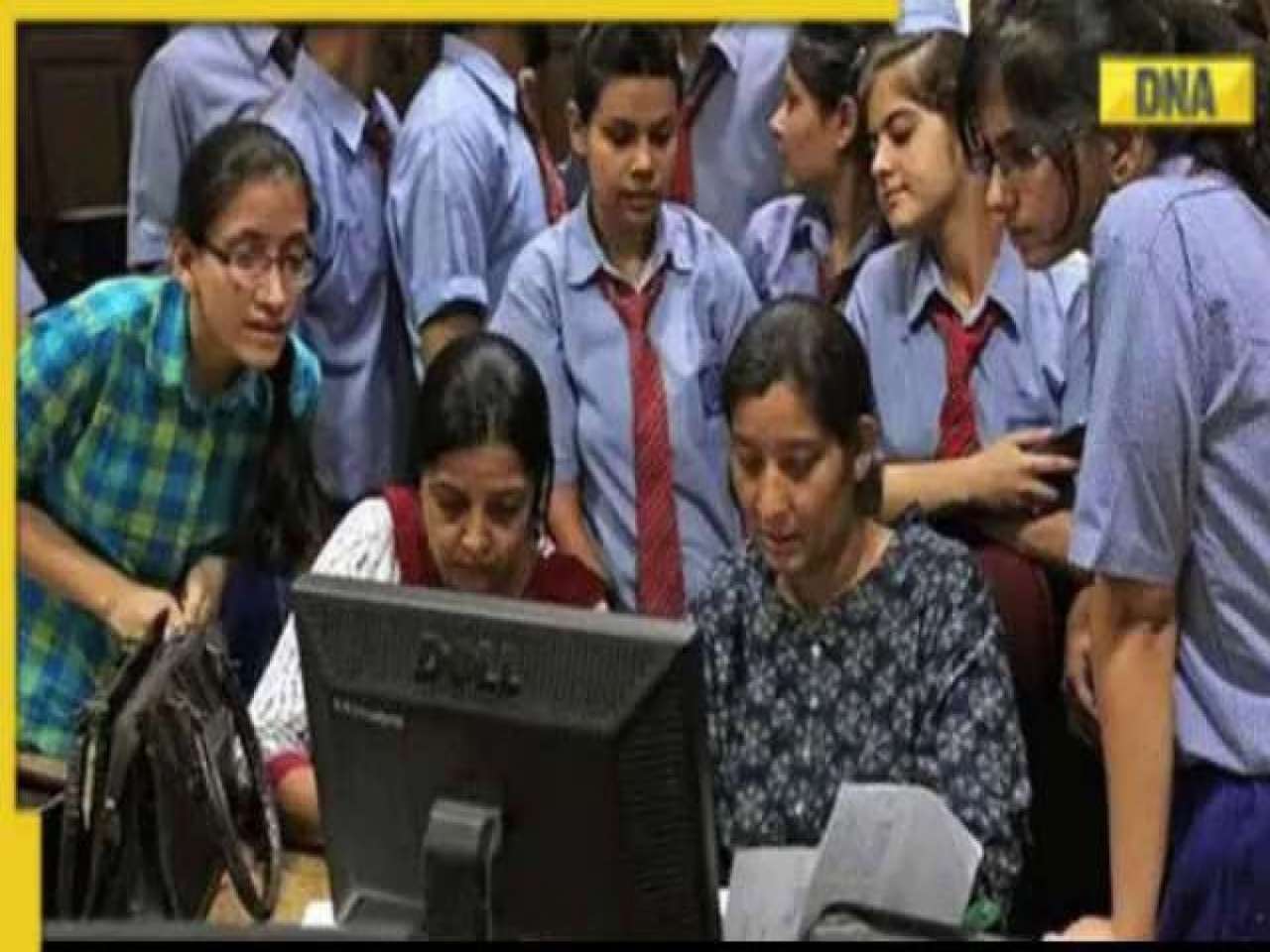

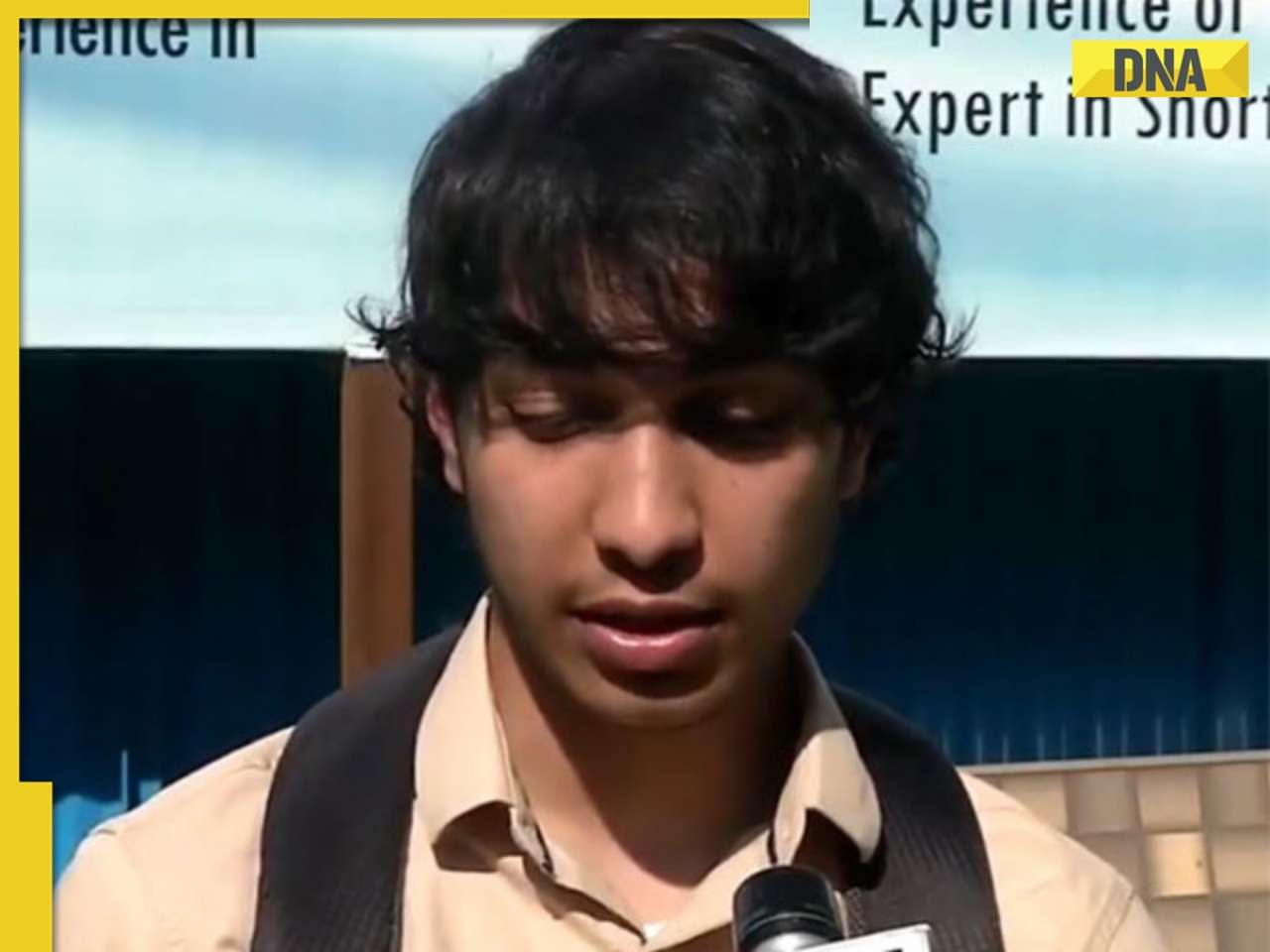




















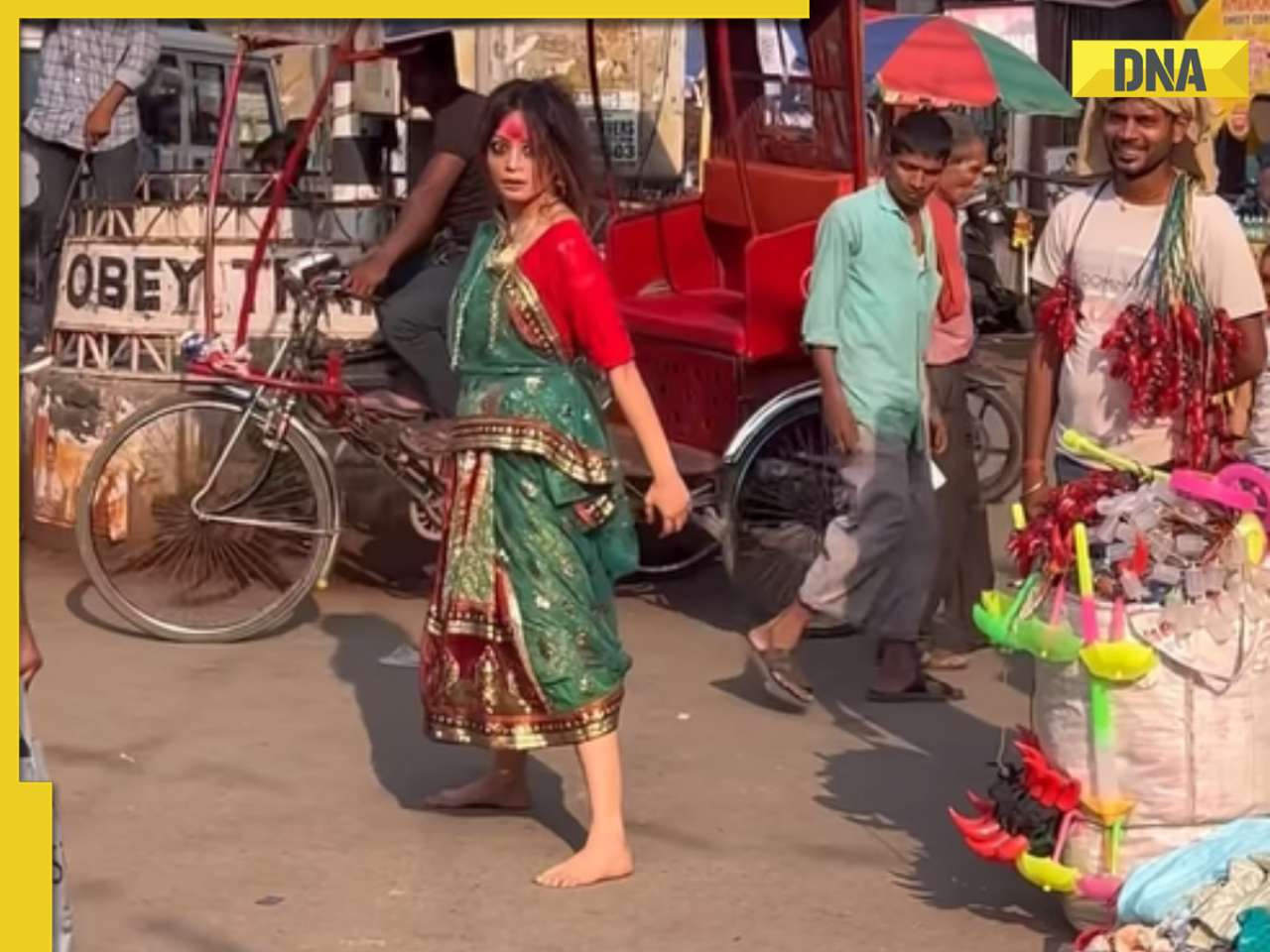
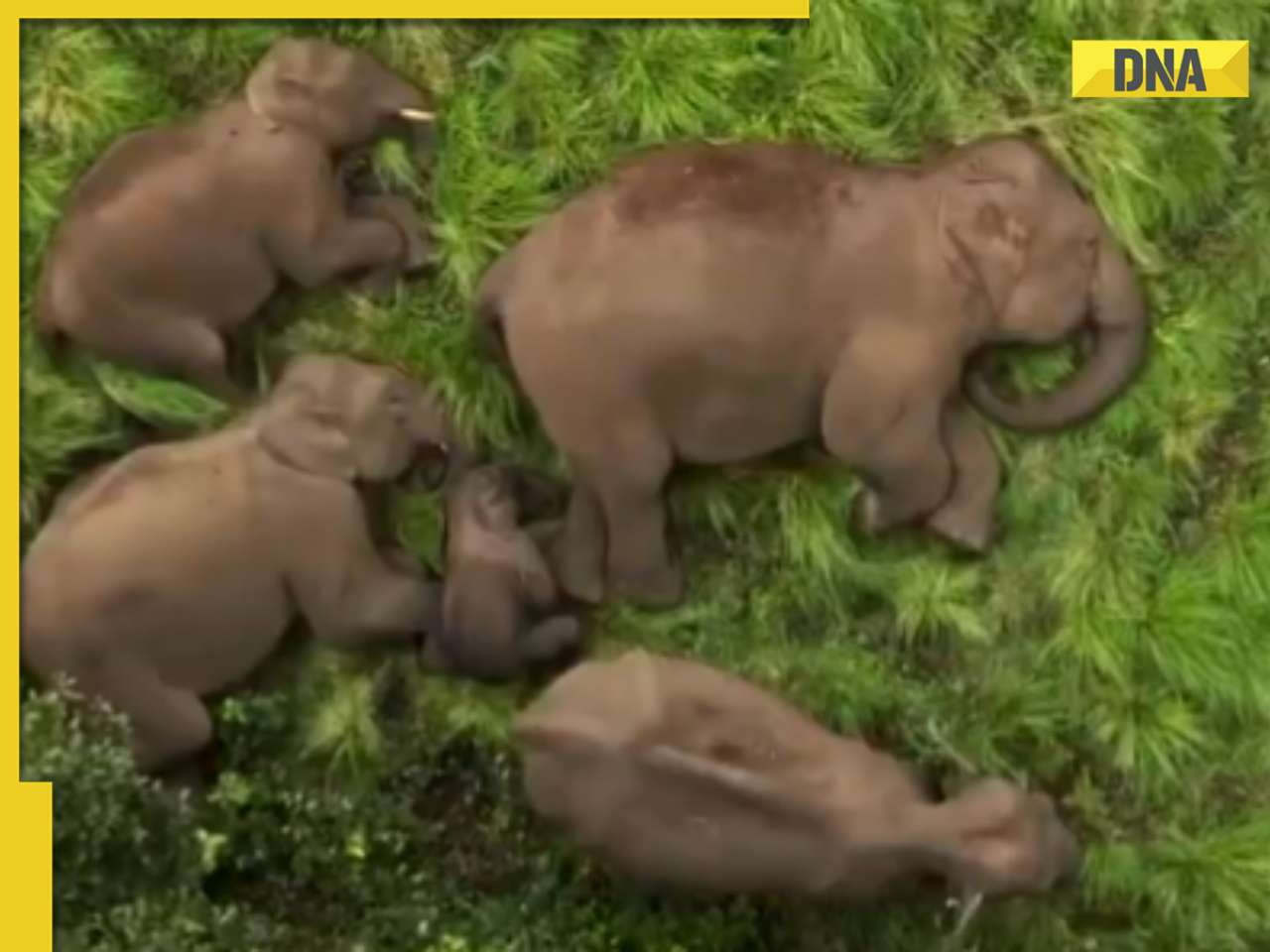

)









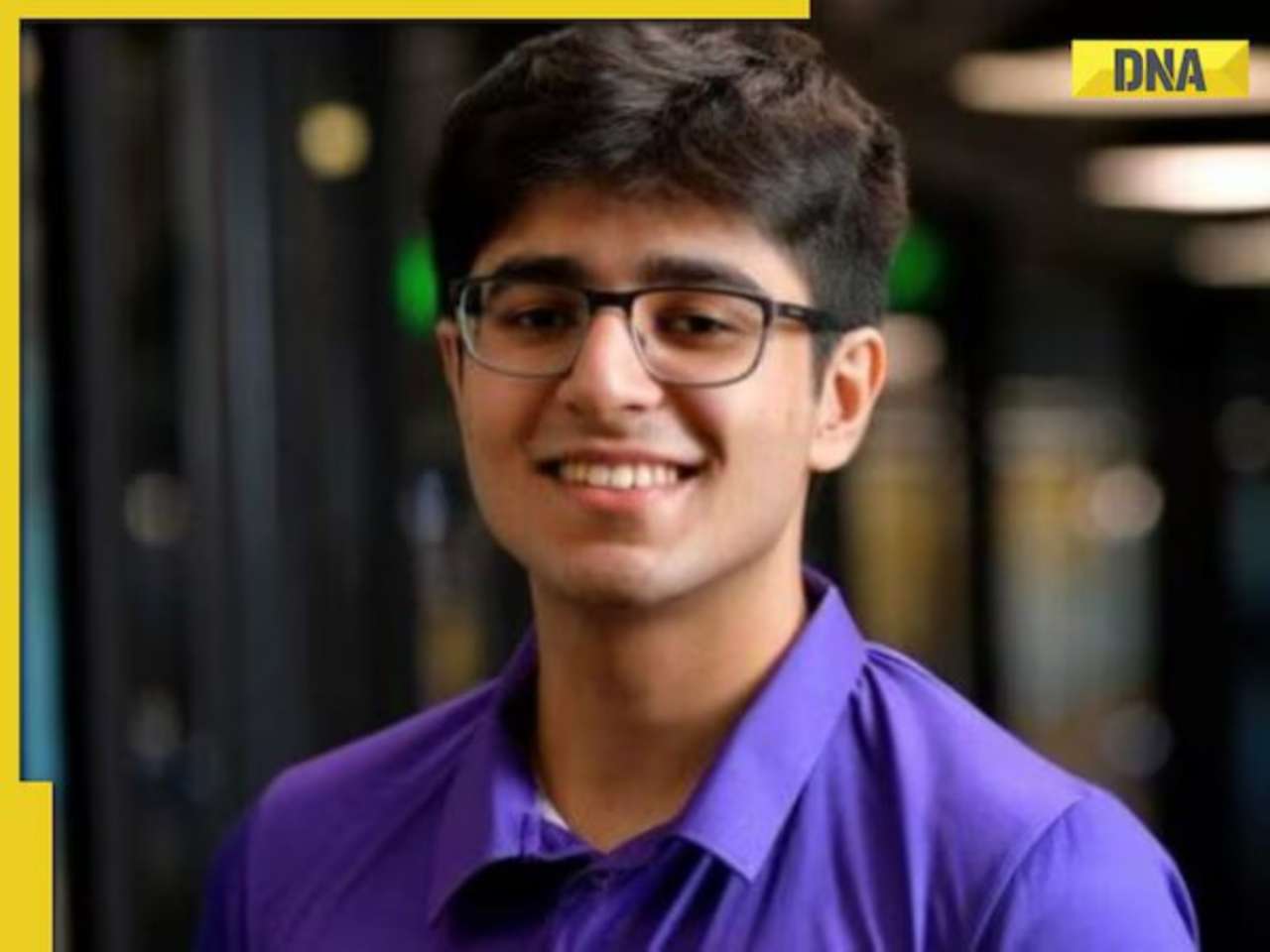


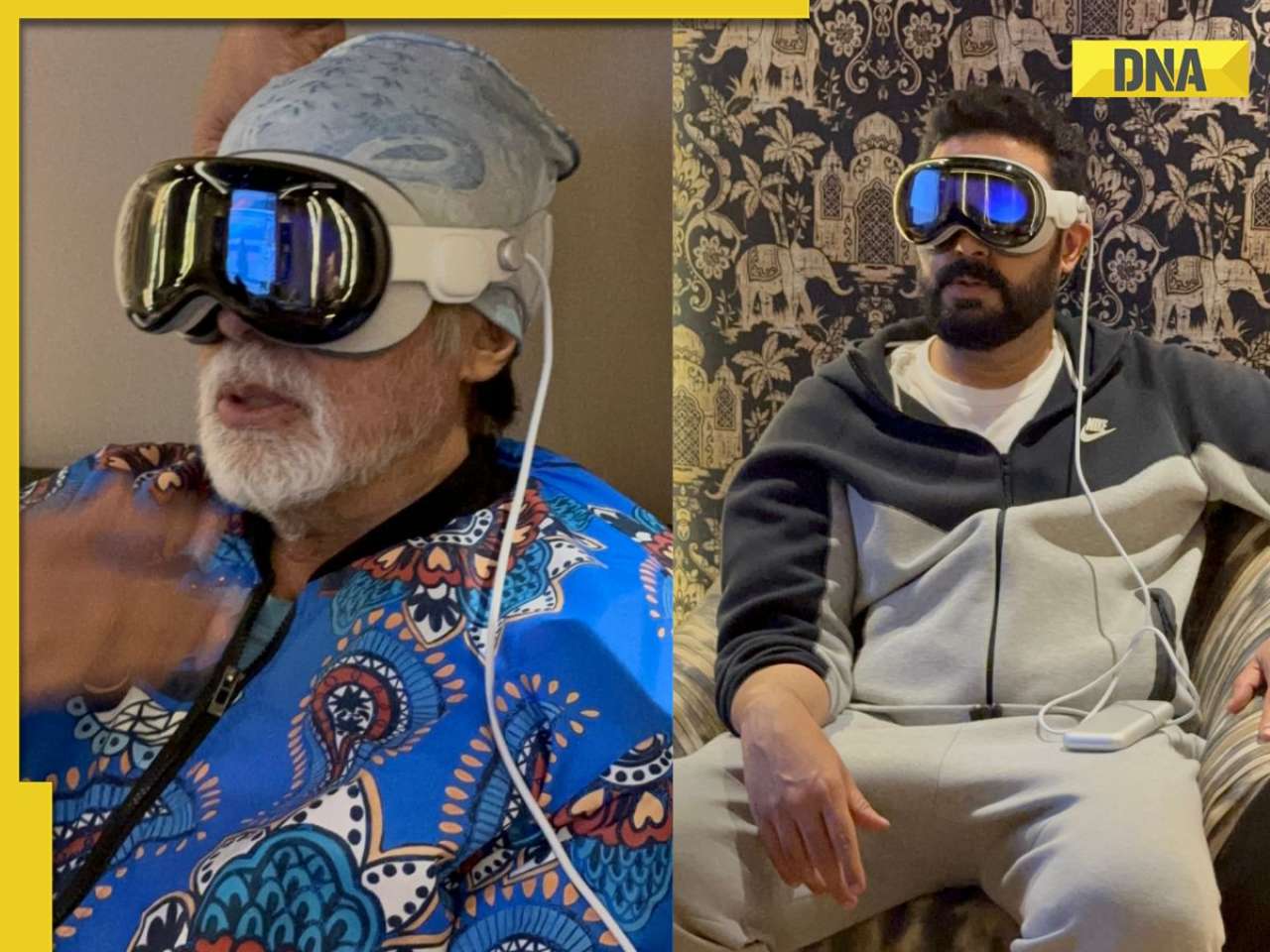




)
)
)
)
)
)